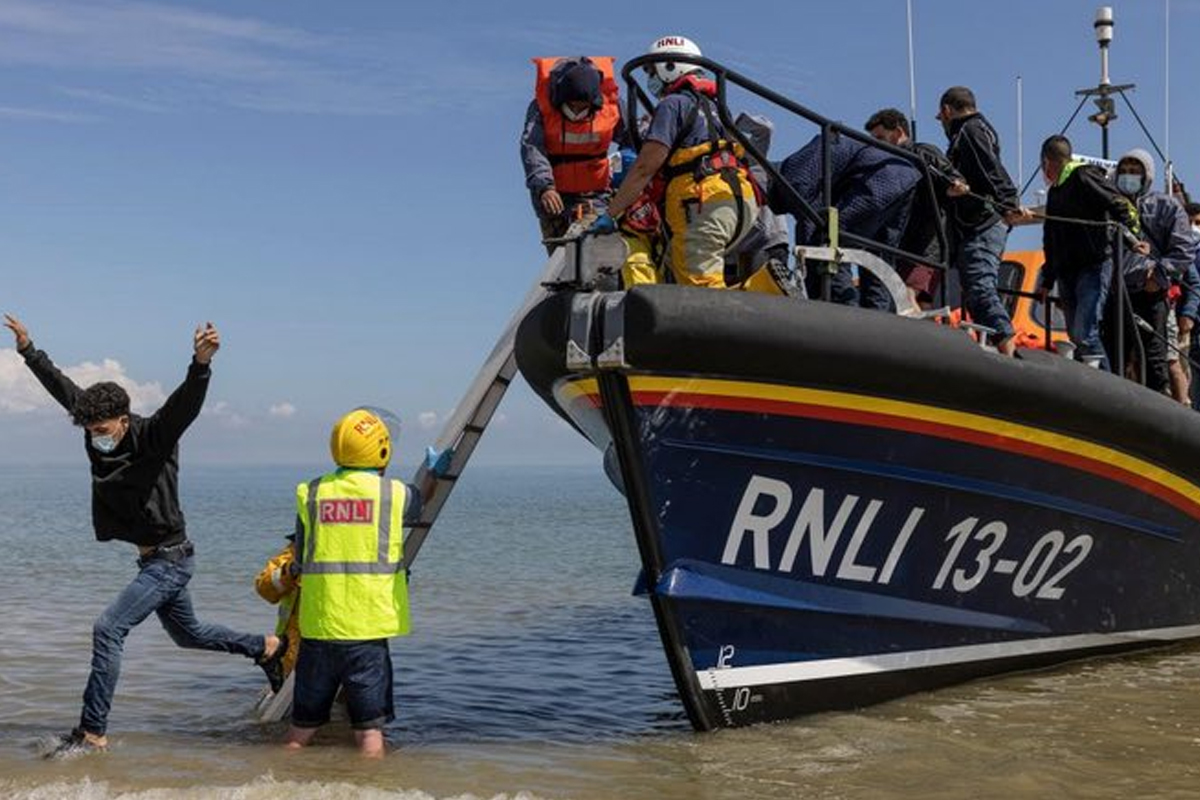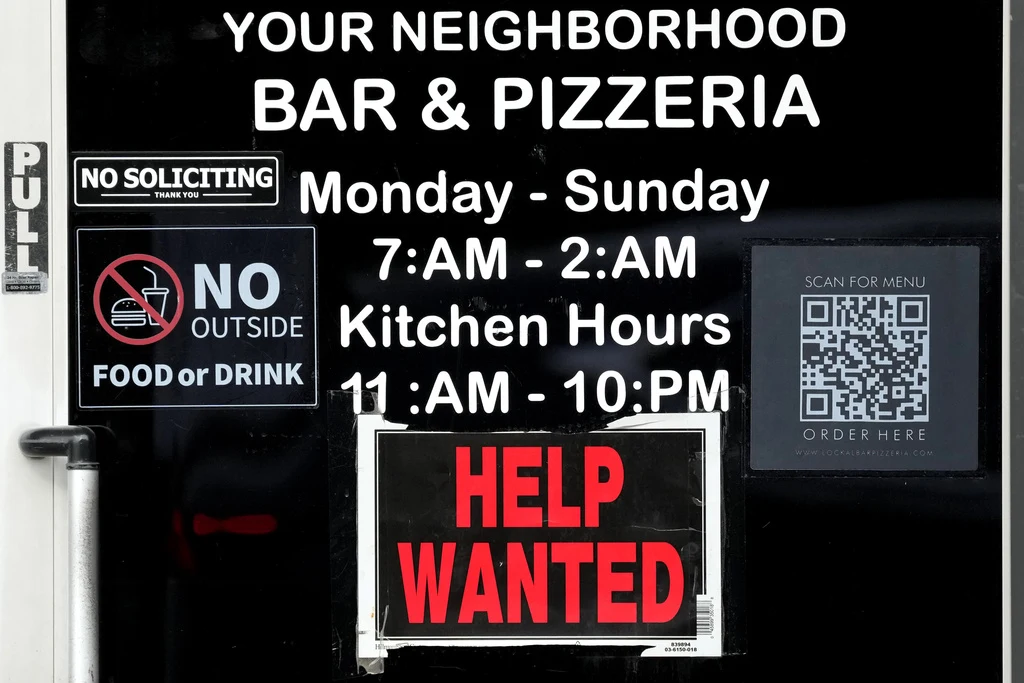Britain has been dubbed the “Illegal Immigrant Capital of Europe” following a revealing Oxford University study, which found that one in 100 residents in the country are undocumented, a figure that has raised concerns among officials. The study estimates that Britain hosts around 745,000 illegal migrants, surpassing every other country in Europe and more than doubling the number of asylum seekers in France.
Britain’s Rising Asylum Seeker Crisis
The study identifies a growing crisis in Britain, which now faces the highest rate of undocumented migrants among European nations. According to the Daily Mail, the figure includes individuals who have overstayed their visas, those whose asylum applications were unsuccessful, and migrants who made the dangerous crossing of the English Channel in small boats.
The data places Britain ahead of Germany, where the number of undocumented migrants is estimated at 700,000 and ahead of France, which is at 300,000. This surge comes amid heightened scrutiny of the country’s asylum system, as reports indicate that just last weekend, a record 973 migrants arrived on British shores in 17 small boats.
The Channel Crossings: A Growing Concern
The escalating crossings have become a focal point for media and government officials. On the busiest day for migrant arrivals in 2024, hundreds of individuals attempted the perilous journey across the English Channel. The year has already seen over 26,600 migrants cross into the UK, representing a five per cent increase from 2023, though still lower than the figures seen in 2022, which recorded over 33,600 crossings.
Tragically, these crossings continue to claim lives. In July, French authorities reported four deaths during attempted crossings, including the heart-breaking death of a two-year-old child who was trampled in an overcrowded boat. The Daily Mail reports that a total of 90 migrants were packed into that small vessel, resulting in a chaotic and fatal situation. A woman and two men also lost their lives while attempting to cross in separate incidents on the same day.
The Human Trafficking Epidemic
Human trafficking remains a dark shadow over these events. A major international trafficking ring is believed to be operating across the English Channel, with authorities estimating it has generated £5 million in profits from exploiting migrants. The network, primarily operated by Iraqi Kurds, facilitated these dangerous crossings and endangered countless lives.
A recent sentencing hearing for 22 members of this trafficking network revealed a shocking oversight. According to the Daily Mail, French authorities’ procedural errors may allow half of the traffickers to evade prosecution. Eight of those members, who were already under judicial supervision, have disappeared, raising fears they could restart their criminal operations.
One British Border Force source expressed frustration: “This is shocking. It shows the French are not treating this seriously.” The source added that these individuals “will be back at it, making millions and putting lives at risk.”
Government Action and Reactions
The UK government is under significant pressure to address this crisis, with the Home Office facing intense scrutiny following the report. In response, the government has launched several initiatives to tackle illegal immigration and the human trafficking epidemic that enables it.
As part of its strategy, Labour is reportedly developing a special Border Security Command to work alongside G7 and European partners. The command aims to strengthen the UK’s border enforcement with counterterrorism-style powers. These measures are intended to dismantle the networks responsible for illegal crossings and reduce the number of undocumented migrants entering the country.
Meanwhile, senior Conservative figures have urged Prime Minister Keir Starmer to reinstate the controversial £400 million Rwanda Scheme. Initially proposed by the Conservatives, this scheme would send asylum seekers to Rwanda for processing. However, Starmer scrapped the proposal after coming into power, leading to calls for its revival amid the ongoing migrant crisis.
The International Response
The UK and other G7 nations have stepped up their cooperation in combating human trafficking, developing an anti-smuggling action plan. This plan focuses on joint investigations, intelligence sharing, and cracking down on the smuggling networks that facilitate these crossings. The Home Office has also announced a collaborative effort with social media companies to monitor online platforms, ensuring they are not being used to advertise migrant smuggling services.
Social media platforms have been identified as key tools used by traffickers to lure migrants into dangerous crossings, and there is increasing pressure on these companies to take more responsibility for content that promotes illegal activities.







